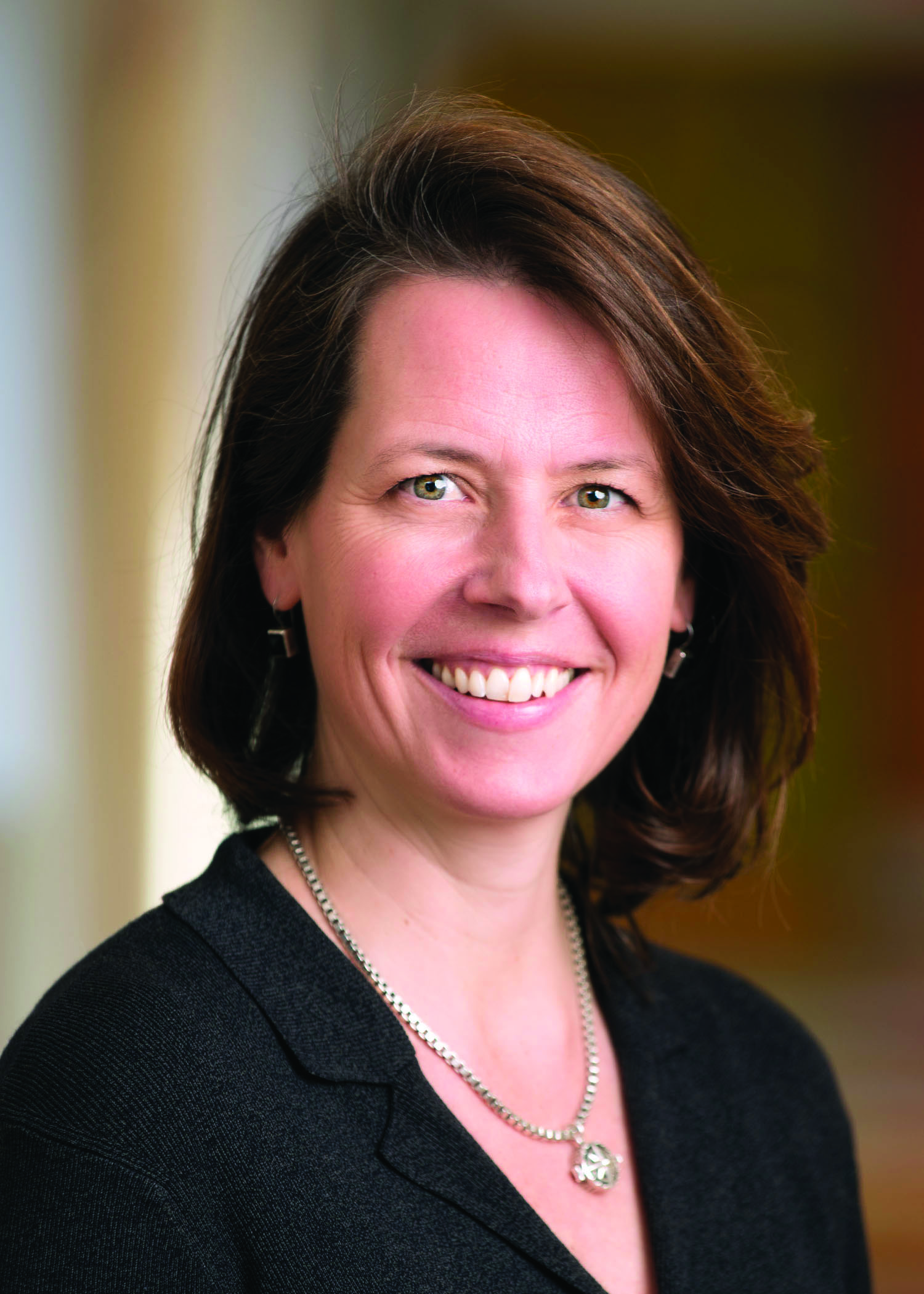Chair, Department of Medicine,
Baystate Health
Chair, Department of Medicine,
UMass Chan Medical School-Baystate
Senior Hospital Epidemiologist,
Division of Infectious Diseases
 “Always in the service of patients.”
“Always in the service of patients.”
This is how new Department of Medicine Chair Dr. Sarah Haessler describes the goals of her work. Named Chair in spring 2023 after a highly competitive national search, Dr. Haessler played a critical role throughout the COVID-19 pandemic thanks to her regionally, nationally and internationally recognized work and expertise in Infectious Disease.
“The number one priority for me now is around the retention and recruitment of high-quality providers,” she said. “In healthcare we’re facing a collective PTSD from managing the pandemic, and Baystate Health continues to run at or over capacity every day, which creates burnout.”
But an effective solution is attainable. “People only need to spend 10% to 20% of their time at work on something that brings them joy to overcome this burnout,” said Dr. Haessler. “Our nurses, doctors and other providers see how we could provide better care for our patients, and they want to build it—like educating residents or fellows, or building better care delivery models. We rely on donor gifts to grow these programs, which support our patients in two ways—by enabling our providers to pursue something they enjoy, and by building better services for our patients.”
Additionally, she is focusing investments on geriatric, palliative, hospice, and memory care to reflect the needs of the community.
“We are reinvigorating our Acute Care for Elders program,” said Dr. Haessler. “We are also building up transformative dementia care. We hope to raise funds to keep the momentum going and bring the best in care for our elderly population.”
Dr. Haessler is also hoping to make meaningful investments in hospice services. “Experiencing a dying family member is such a profound time,” she said. “We have created a program to educate nurses on end-of-life care, and we also need funds to spruce up our hospice rooms. These relatively small investments are game changers for patients and families.”
Investments in any area of the wide-ranging Department of Medicine share an important commonality, said Dr. Haessler: “We use funds to grow programs—better access, better programs, better care delivery models. The funds that community members so generously give back are always about one thing—taking care of patients – and we are grateful.”

